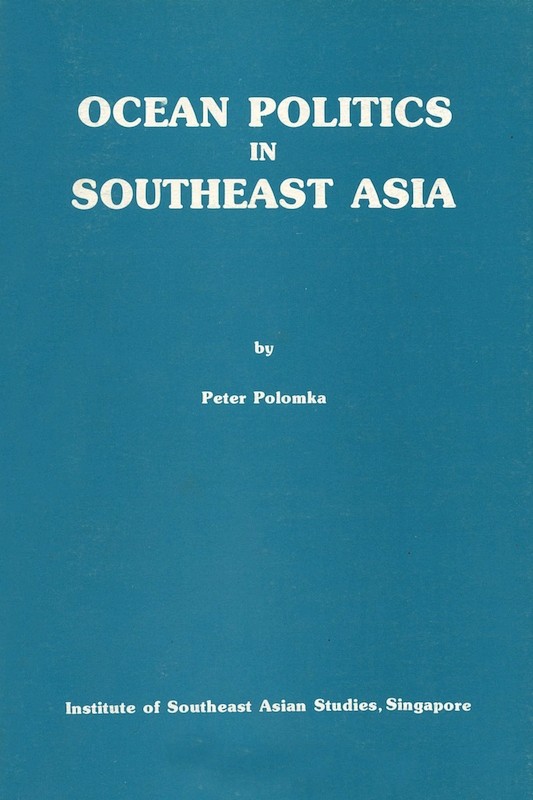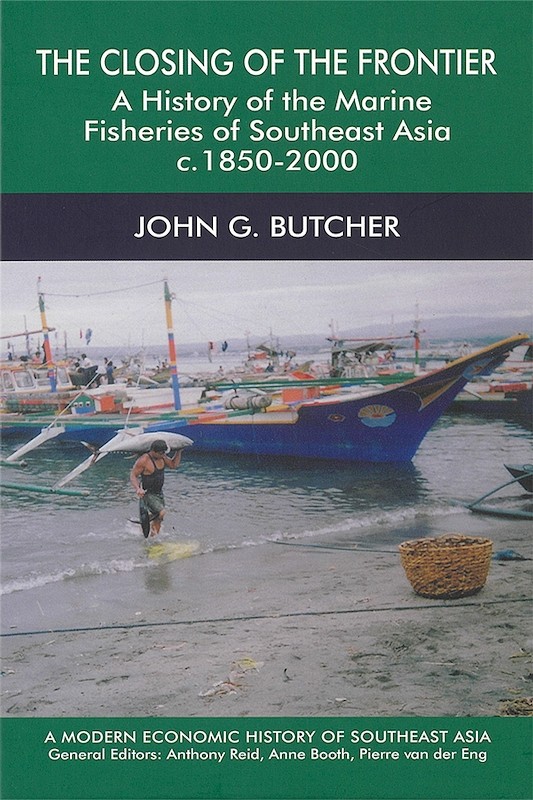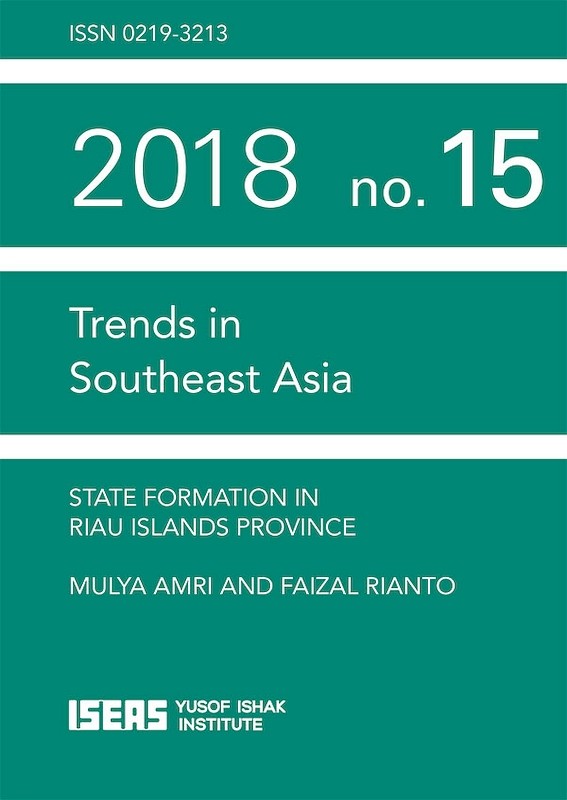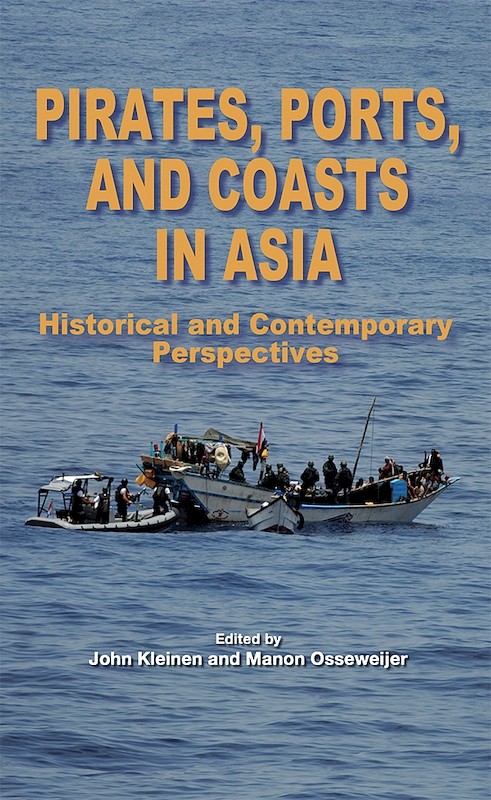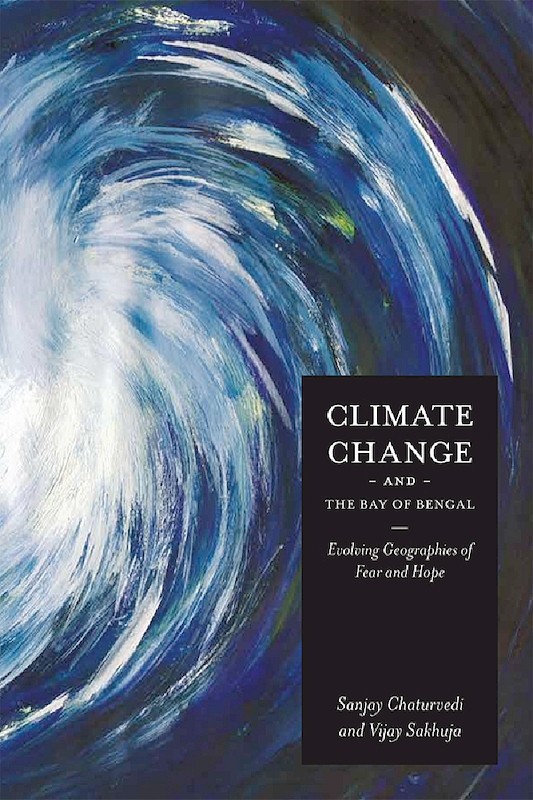Indonesia beyond the Water's Edge: Managing an Archipelagic State
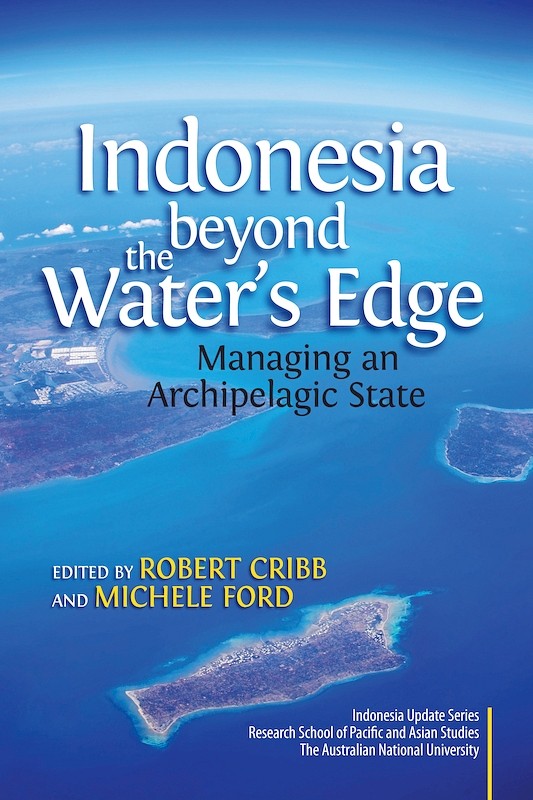
Reviews
"The mix of both Indonesian and non-Indonesian contributors brings to light a range of considerations and optics. There is no conventional conclusion but, as the editors herald in the introduction, if Indonesia's maritime management has been technologically 'dismaying', its political efforts in the creation of a maritime regime have been impressive. In a similar vein, we could also conclude that Australia has not been entirely reactive in its maritime policies as well. This collection adds up to a valuable resource, enhanced by visually good maps and graphics" (Asian Affairs).
"This collection of essays examines how the world's largest archipelagic state manages its territorial and jurisdictional rights -- and obligations -- over the sea. Written by eminent Indonesian and Australian scholars, officials and others -- the book remains a comprehensive source for understanding ocean management in Indonesia. The book covers maritime boundaries; the development of archipelagic principles in international law; the establishment of Indonesia's archipelagic sea-lanes; the extension of the outer limit of Indonesia's continental shelf; shipping and maritime safely; law enforcement; and marine conservation" (Bulletin of Indonesian Economic Studies).
"... this volume on managing Indonesia's territorial sea tackles a subject of central significance to Indonesia's domestic and foreign outlook, but one that may not have garnered the attention from Indonesia watchers that it deserves. It may be unavoidable that there is occasional overlap between chapters in this volume, but this remains a nicely crafted book. The introduction in particular is a well-written scene setter for the substantive chapters and does a remarkable job of weaving the themes into a single narrative rather than the more standard blow-by-blow summary of chapters one usually finds in edited volumes" (New Zealand Journal of Asian Studies).
About the publication
Contents
-
Indonesia beyond the Waters Edge: Managing an Archipelagic State
[Whole Publication, ISBN: 9789812309815] -
Preliminary pages
-
1. Indonesia as an Archipelago: Managing Islands, Managing the Seas, by Robert Cribb, Michele Ford, authors
-
2. Becoming an Archipelagic State: The Juanda Declaration of 1957 and the "Struggle" to Gain International Recognition of the Archipelagic Principle, by John G Butcher, author
-
3. Indonesia's Maritime Boundaries, by Arif Havas Oegroseno, author
-
4. Indonesia's Archipelagic Sea Lanes, by Hasjim Djalal, author
-
5. Extending Indonesia? Opportunities and Challenges Related to the Definition of Indonesias Extended Continental Shelf Rights, by I Made Andi Arsana, author
-
6. Indonesian Port Sector Reform and the 2008 Shipping Law
-
7. Piracy and Armed Robbery against Ships in Indonesian Waters
-
8. The Indonesian Maritime Security Coordinating Board, by Djoko Sumaryono, author
-
9. Marine Safety in Indonesian Waters, by Erwin Rosmali, author
-
10. Governance in Indonesia's Marine Protected Areas: A Case Study of Komodo National Park, by Rili Djohani, author
-
11. Rising to the Challenge of Providing Legal Protection for the Indonesian Coastal and Marine Environment, by Sarah Waddell, author
-
12. Legal and Illegal Indonesian Fishing in Australian Waters, by James J Fox, author
-
13. Fluid Boundaries: Modernity, Nation and Identity in the Riau Islands, by Lenore Lyons, Michele Ford, authors
-
Index
-
Indonesia Update Series
Indonesia Update Series
-
2008Expressing Islam: Religious Life and Politics in Indonesia
-
2007Indonesia: Democracy and the Promise of Good Governance
-
2006Different Societies, Shared Futures: Australia, Indonesia and the RegionJohn Monfries, editor
-
2005The Politics and Economics of Indonesia's Natural ResourcesBudy Resosudarmo, editor
-
2004Business in Indonesia: New Challenges, Old Problems
-
2003Local Power and Politics in Indonesia: Decentralisation & Democratisation
-
2002Women in Indonesia: Gender, Equity and Development
-
2001Indonesia Today: Challenges of History
-
2000Indonesia in Transition: Social Aspects of Reformasi and Crisis
-
1999Post-Soeharto Indonesia: Renewal or Chaos?Geoff Forrester, editor
-
1997Indonesia Assessment: Population and Human Resources
-
1994Indonesia Assessment 1994: Finance as a Key Sector in Indonesia's DevelopmentRoss H McLeod, editor


